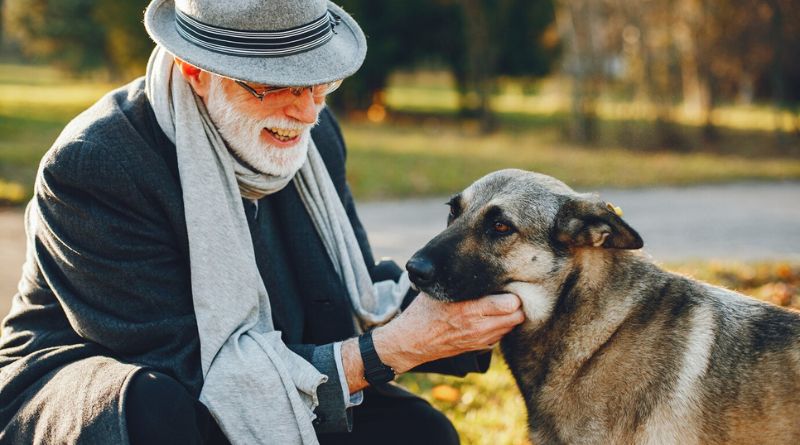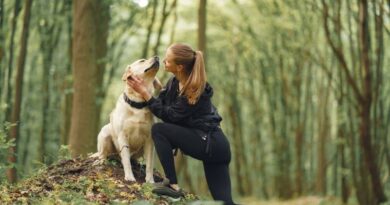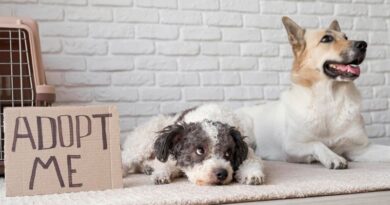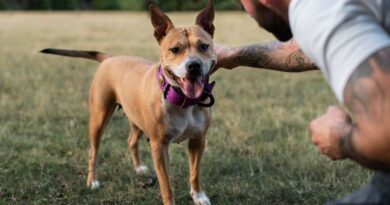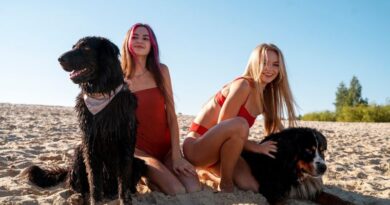Embarking on the journey of pet companionship in your golden years can bring immense joy, but it’s crucial to consider the compatibility between a senior’s lifestyle and a dog’s needs. In this insightful guide, we delve into the 7 worst dog breeds for seniors, shedding light on breeds that might pose challenges for older individuals.
Understanding the specific traits, exercise requirements, and temperaments of these breeds can empower seniors to make informed choices, ensuring a harmonious bond with their furry friends. Prioritizing the well-being and happiness of both seniors and their canine companions is our ultimate goal.
7 Worst Dog Breeds for Seniors
Dalmatian:
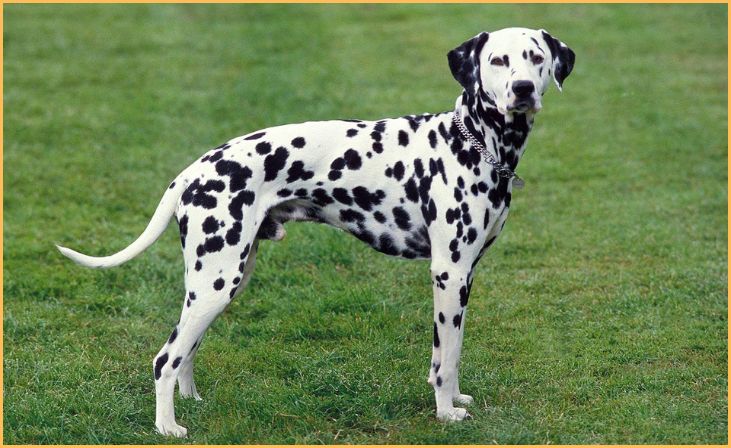
Dalmatians, known for their distinctive spots and energetic demeanor, can be challenging for seniors due to their high activity levels and need for regular exercise. Seniors may find it difficult to keep up with the physical demands of a Dalmatian, which thrives on vigorous activities. Additionally, their strong-willed nature may require an experienced handler. Without proper exercise and mental stimulation, Dalmatians can become bored and potentially develop behavioral issues, making them less suitable for seniors seeking a more laid-back companion.
Also Read: Memorable Dog-Friendly Camping Adventure
Siberian Husky:
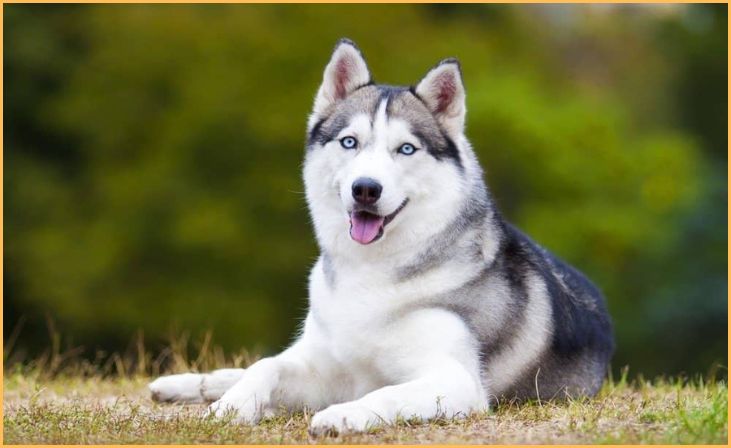
The Siberian Husky, with its striking appearance and friendly demeanor, may not be the ideal choice for seniors. These dogs are known for their boundless energy and love for running, which might be challenging for individuals with mobility issues. Siberian Huskies also have a strong prey drive and may exhibit stubborn behavior, requiring consistent training. Seniors considering this breed should be prepared for regular exercise routines and a commitment to obedience training to ensure a harmonious relationship.
Border Collie:
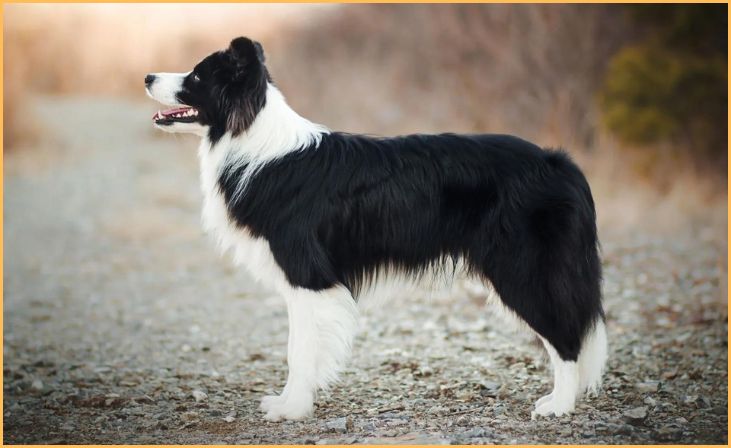
While Border Collies are highly intelligent and trainable, their intense energy levels and need for mental stimulation can pose challenges for seniors. These dogs excel in agility and require regular engagement to prevent boredom. Seniors who may not have the time or energy for frequent play and training sessions might find Border Collies overwhelming. Without sufficient mental and physical activities, Border Collies may resort to undesirable behaviors, making them less suitable for seniors seeking a more relaxed companion.
Jack Russell Terrier:
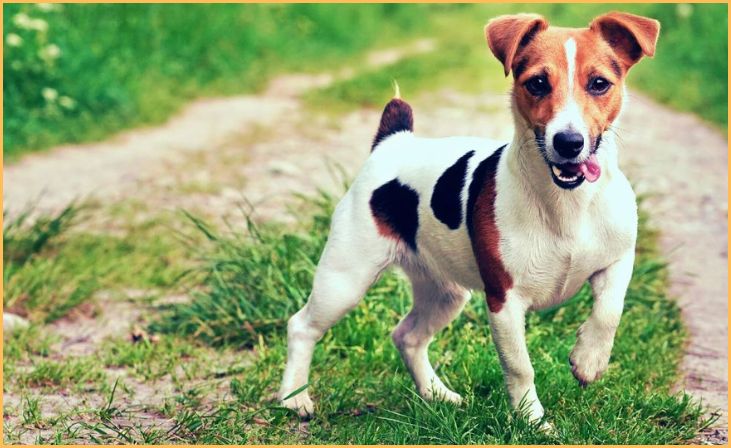
Jack Russell Terriers are known for their boundless energy, intelligence, and spirited personality. While these traits make them excellent companions for active individuals, they may not be the best fit for seniors. The high energy levels and the need for constant mental stimulation can be demanding for older adults. Jack Russell Terriers also have a strong prey drive and may display territorial behavior, potentially causing stress for seniors looking for a more easygoing and low-maintenance canine companion.
Dachshund:
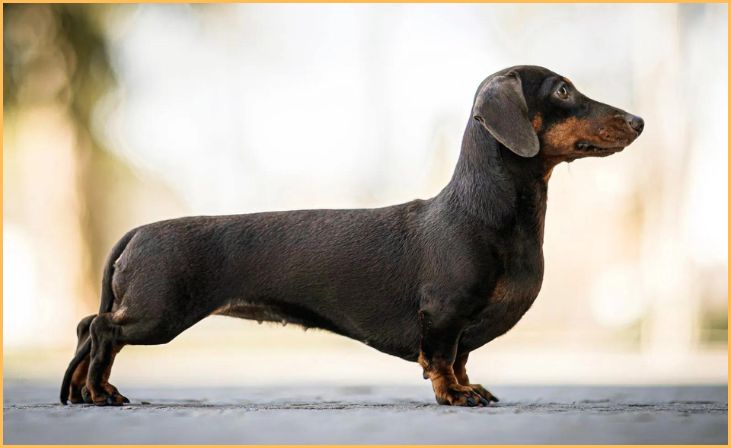
Despite their small size, Dachshunds can be a handful for seniors due to their stubborn nature and propensity for digging. These dogs have a unique physique that may result in back problems, and seniors might find it challenging to provide the necessary care and attention to address these health concerns. Dachshunds can be vocal and may exhibit separation anxiety, making them less suitable for seniors seeking a quieter and more laid-back pet.
Australian Shepherd:
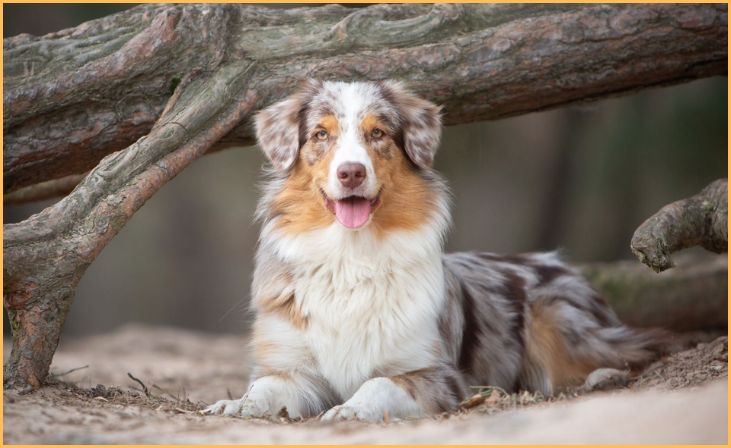
Australian Shepherds are known for their intelligence and herding instincts, but their high energy levels and need for constant activity may not align with a senior’s lifestyle. Seniors may struggle to meet the physical and mental stimulation requirements of this breed, leading to potential behavior issues. Without proper outlets for their energy, Australian Shepherds may become anxious or display destructive behaviors, making them less suitable for seniors seeking a more relaxed and low-maintenance companion.
Also Read:- Cute Pictures of French Bulldogs
Chow Chow:
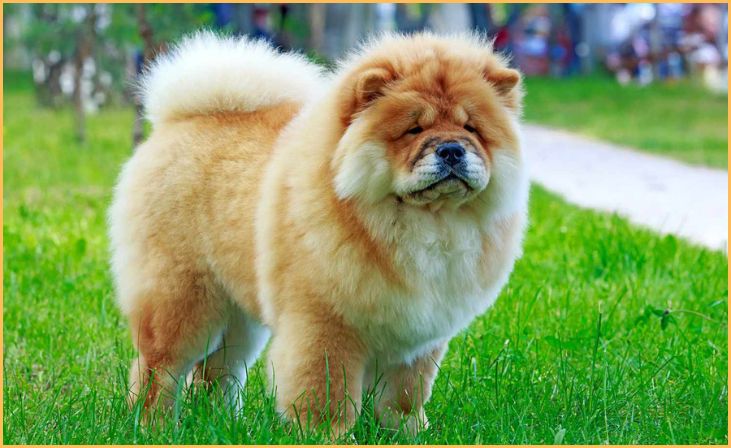
Chow Chows, with their distinctive lion-like mane, possess a strong, independent nature that may not be the best match for seniors seeking a more affectionate and adaptable companion. These dogs can be aloof and territorial, requiring careful socialization from an early age. The grooming needs of Chow Chows can also be demanding, and seniors may find it challenging to maintain their dense double coat. Due to their strong-willed demeanor and specific care requirements, Chow Chows may not be the most suitable choice for seniors looking for an easygoing and low-maintenance pet.
How To Choose The Best Dog For Senior
Choosing the best dog for seniors involves careful consideration of various factors to ensure a harmonious and fulfilling companionship. Here’s a guide on how to make the right choice:
- Size Matters: Seniors should consider the size of the dog, aiming for a breed that is manageable and suits their physical abilities. Smaller breeds or medium-sized dogs are often more practical for seniors, as they are easier to handle and require less physical strength.
- Energy Levels: Assessing the dog’s energy levels is crucial. Seniors should opt for breeds with moderate energy requirements, avoiding highly active breeds that demand extensive exercise. A dog that matches the senior’s activity level ensures a balanced lifestyle and a more relaxed living environment.
- Temperament and Personality: Each dog breed has its unique temperament. Seniors should choose a dog with a temperament that aligns with their preferences and lifestyle. Some may prefer a calm and laid-back companion, while others may enjoy the playful energy of certain breeds. Researching breed characteristics can help in finding a good match.
- Grooming Needs: Seniors should consider the grooming requirements of different breeds. While some dogs have low-maintenance coats, others may need regular grooming sessions. Choosing a dog with grooming needs that align with the senior’s ability to maintain the dog’s coat ensures a stress-free grooming routine.
- Trainability: Opting for a dog with good trainability is essential for seniors. Breeds that are easy to train and have a gentle disposition make the companionship enjoyable and facilitate a strong bond between the senior and their canine friend.
- Health Considerations: Seniors should be mindful of potential health issues associated with certain breeds. Choosing a dog with fewer genetic predispositions to health problems can contribute to a longer and healthier companionship. Regular veterinary check-ups and preventive care are essential for any dog.
- Age of the Dog: Consider adopting an older dog. Puppies require a significant amount of time, energy, and training. An older dog may already be trained, have a calmer demeanor, and can be a great companion for seniors seeking a more settled relationship.
- Lifestyle Compatibility: Assessing the senior’s lifestyle is crucial. Some breeds thrive in active households, while others are more adaptable to a quieter routine. Matching the dog’s needs with the senior’s lifestyle ensures a positive and lasting relationship.
- Allergies: Seniors with allergies should consider hypoallergenic breeds or breeds with minimal shedding. This helps in creating a healthier living environment and minimizes the risk of allergic reactions.
- Rescue and Adoption: Consider adopting from a local shelter or rescue organization. Many older dogs are in need of loving homes, and adoption can be a rewarding experience. Additionally, shelters often provide valuable information about the dog’s temperament and history.
By carefully considering these factors, seniors can make an informed decision and find a canine companion that brings joy, companionship, and a sense of purpose to their lives.
Also Read:- Best Exercises That Your Puppy Needs
Conclusion
Choosing the right canine companion for seniors involves careful consideration of lifestyle, energy levels, and compatibility. By being aware of the challenges associated with specific breeds, seniors can make informed decisions, ensuring a fulfilling and lasting bond with their furry friends. Remember, it’s not about avoiding certain breeds altogether, but rather finding the perfect match that enhances the quality of life for both seniors and their beloved pets.
FAQs
Some dog breeds may be unsuitable for seniors due to high energy levels, demanding grooming needs, or complex training requirements, which can be overwhelming for older individuals seeking a more relaxed companionship.
Yes, every dog is unique, and exceptions exist. While certain breeds may have general characteristics, individual temperament and training play a significant role. It’s crucial to assess each dog individually rather than solely relying on breed stereotypes.

